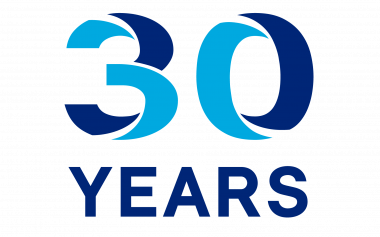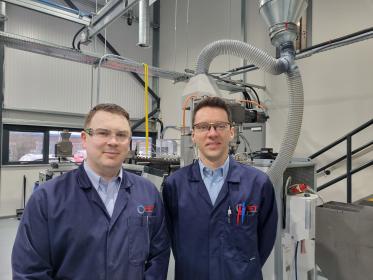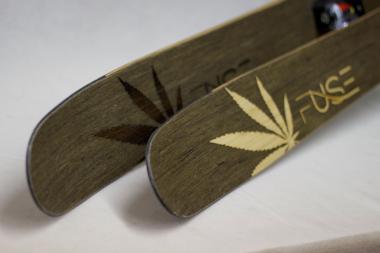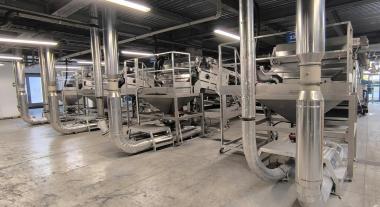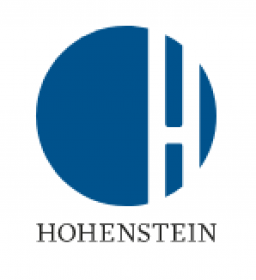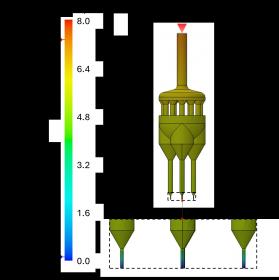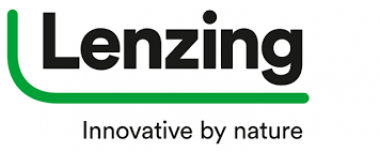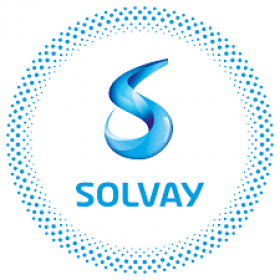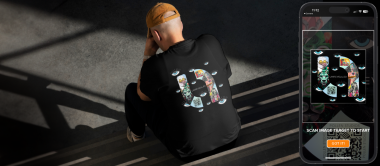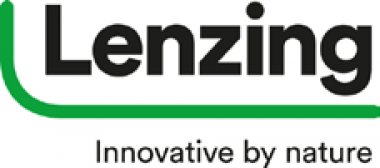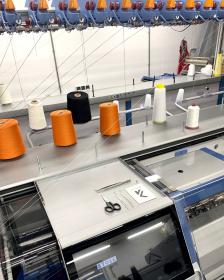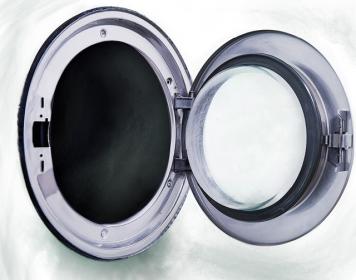Kelheim Fibres: Trilobal fibres enable better liquid absorption
Kelheim Fibres is showcasing recent research findings at this year's Cellulose Fibres Conference (13rd-14th of March). The development, led by Dr. Ingo Bernt, Project Leader of Fibre & Application Development at Kelheim Fibres, and Dr. Thomas Harter from Graz University of Technology, provides insights into the correlation between the geometry of viscose fibres and the liquid absorption of tampons.
Kelheim Fibres has long been engaged in the functionalization of viscose fibres, including the specific adaptation of fibre cross-sections. The trilobal Galaxy® serves as an example. The current study underscores the properties of the fibre, primarily rooted in its geometry. This involves taking a closer look at the underlying mechanisms. It has been confirmed that, in contrast to the traditionally round viscose fibres and despite similar chemical compositions and mechanical properties, Galaxy® enables significantly better liquid absorption.
While the higher specific surface area of trilobal fibres already promotes improved liquid absorption, this is not the main factor accounting for the difference in absorption. Instead, the geometric shape of the fibres proves to be crucial. Trilobal fibres create and maintain a more voluminous, extensive network within the absorbent body, providing a larger volume for liquid absorption.
Dr. Ingo Bernt emphasizes, "The results of our study are not limited to tampons—any application requiring increased absorbency can benefit from the properties of our Galaxy® fibres."
The lecture "Geometry Matters: Unveiling Tampon Absorption Mechanisms" by Dr. Ingo Bernt und Dr. Thomas Harter takes place on the 14th of March at 2:50pm.
Kelheim Fibres GmbH





